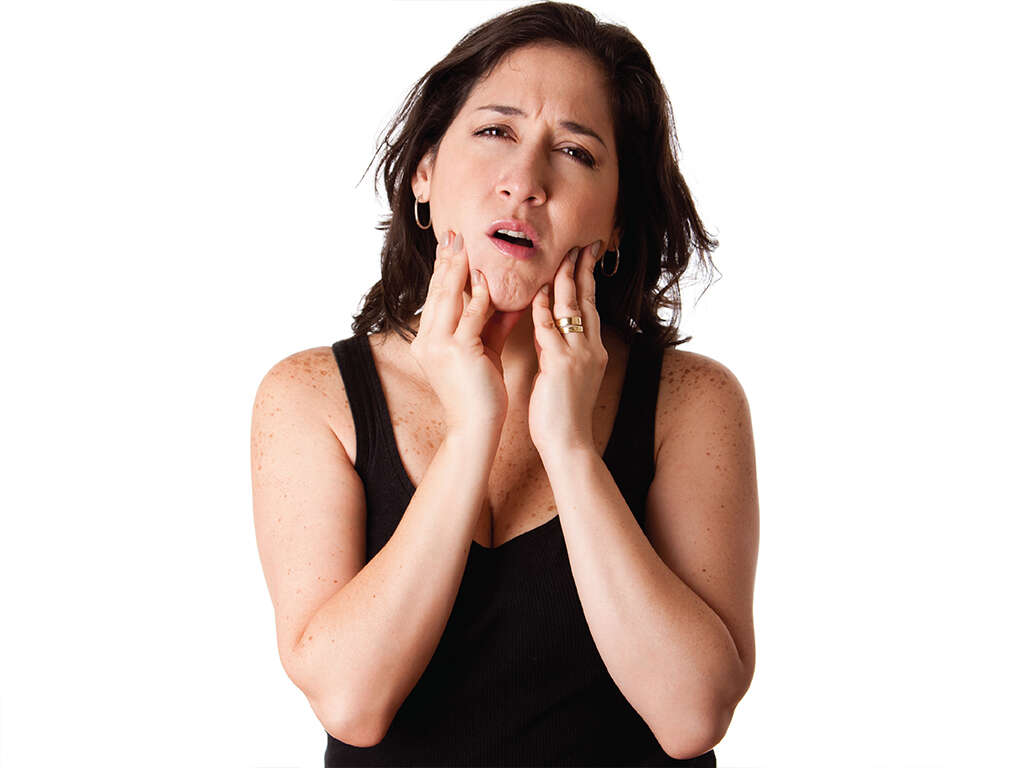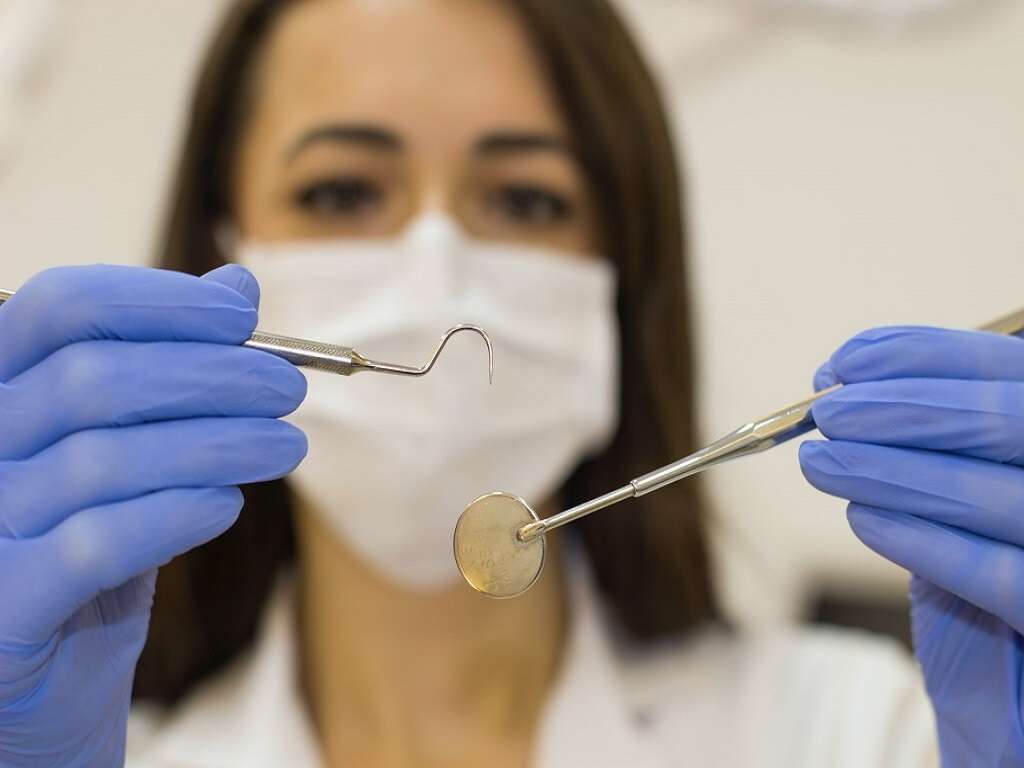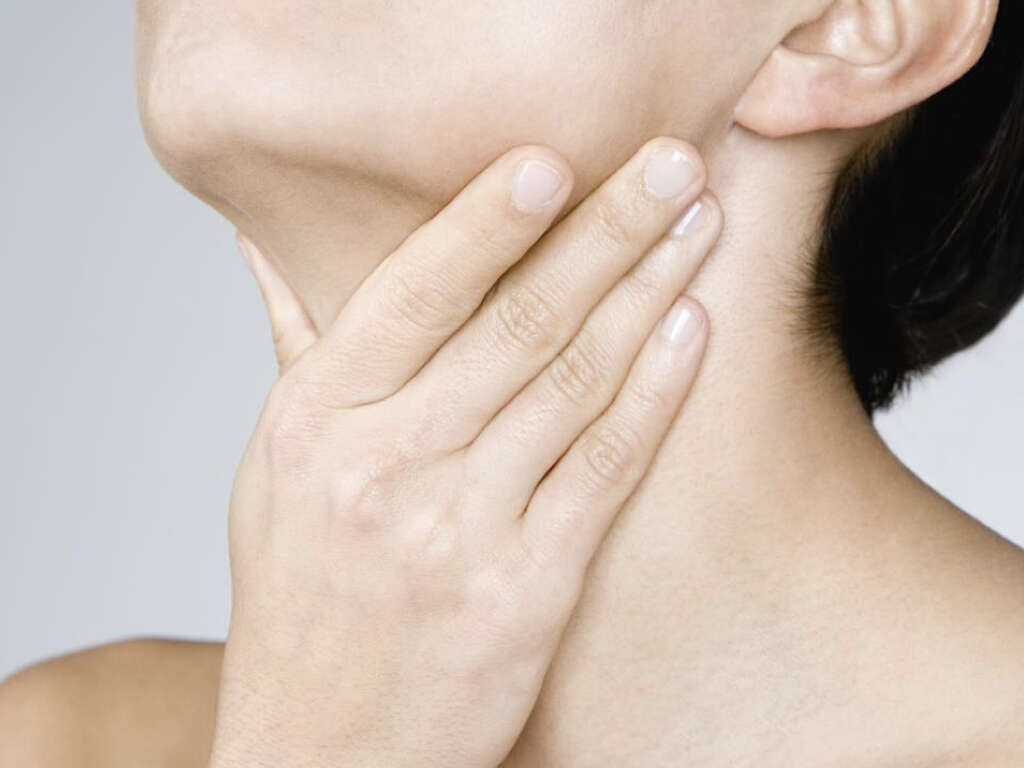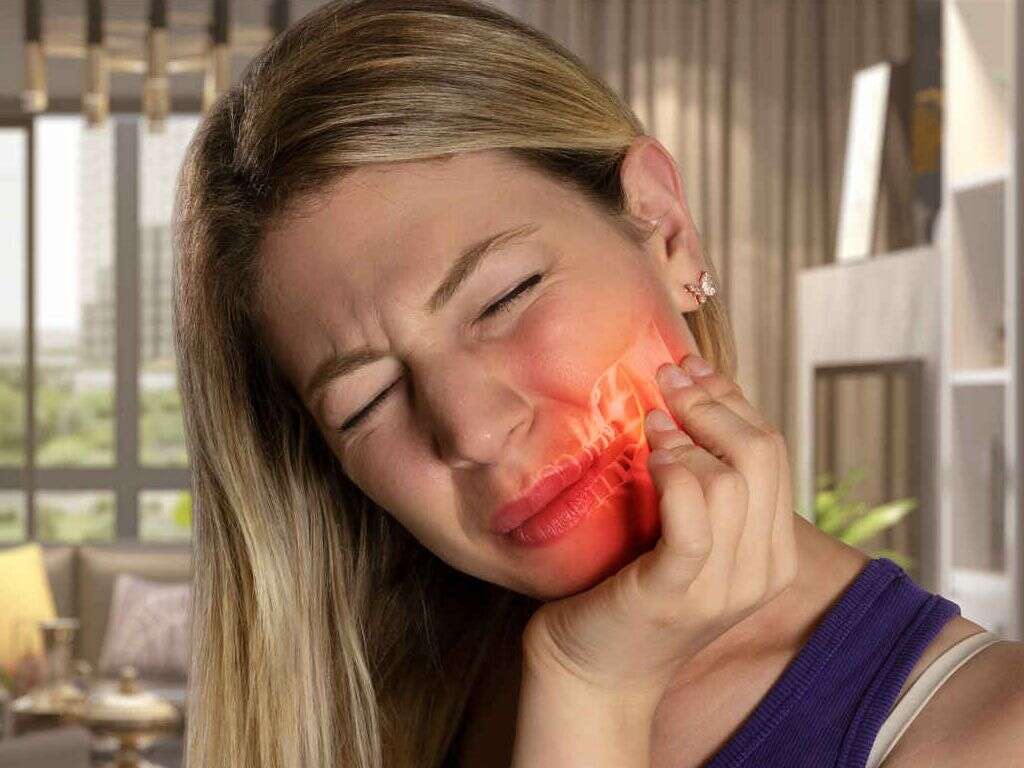10 Dislocated Jaw Symptoms
A dislocated jaw is an injury to one or both of the joints that connect the lower jaw to the skull. The injury can cause a number of uncomfortable and painful reactions in the face and the head. A dislocated jaw means that the joint has unhinged from the skull, which affects jaw movements.
While surgery is sometimes required, most cases of jaw dislocation can be treated by maneuvering the jaw back into place and wrapping a bandage to reduce its movement and allow for recovery. Anti-inflammatory medication may also be needed to reduce swelling and relieve pain.
If you suspect that there is something wrong with your jaw, watch out for the following 10 dislocated jaw symptoms.
Symptom #1: Misaligned Jaw
A misaligned jaw is when a person’s lower and upper teeth do not meet perfectly. It usually happens because of injury to the jaw or when the temporomandibular joint (TMJ) has suffered wear and tear.
The severity of a misaligned jaw depends on the structure of the person. It can cause pain and other problems. There are invasive treatments when dental problems or pain is experienced because of the jaw misalignment. However, if there is no pain and no problems are experienced when eating, talking, or breathing, you don’t have to get treated. Treatments include stress management to help stop clenching the teeth and jaw, behavioral therapy, and muscle relaxation. Jaw surgery may be done in very rare cases.
Symptom #2: Facial Numbness
It is normal for a person with a dislocated jaw to experience facial numbness. This is the body’s reaction to the shock of the injury. Numbness in the gums can also be experienced along with facial numbness. While it is a normal dislocated jaw symptom, it can be uncomfortable and quite irritating.
You normally need a doctor to treat the dislocated jaw and get it back to normal. The treatment may include muscle relaxants or local anesthetics to help subdue the pain and loosen up the jaw muscles to allow for further treatment and healing. Only in severe cases will surgery be considered an option.

Symptom #3 Swelling
A dislocated jaw can also lead to swelling in the joint area. This causes discomfort, pain, and a feeling of heaviness. A person with a dislocated jaw can have their whole face swell up as a result. This can worsen the pain because the swelling can also stiffen the jaw. Swelling can also cause trouble breathing and tenderness when moving any part of the face.
There is little you can do for the swelling before a doctor has seen the patient. However, if the patient is in too much pain, you can give an over-the-counter anti-inflammatory medication like ibuprofen to offer some relief.
Symptom #4: Inability to Chew Food
Because a dislocated jaw means the joints are not connected as they should be, it can be very difficult to chew. The masseter is the muscle that is used to close the mouth when chewing and exerts great pressure when you bite. The internal medial pterygoid lifts the lower jaw and closes the mouth while the external lateral pterygoid allows for opening of the mouth and helps to move the jaw from side to side and forward. These are affected when the jaw is dislocated.
If this happens, it is recommended that you see a doctor or dentist to get the necessary treatment. While waiting to see a doctor, food like soup and yoghurt can be consumed if it is painful or impossible to chew.

Symptom #5: Inability to Speak Clearly
Obviously, with a dislocated jaw, you cannot expect a person to engage in a serious discussion. In fact, it can be very difficult to speak at all. A dislocated jaw can result in swelling, facial numbing, and pain, all of which can impair the ability to speak clearly.
This, however, is not a permanent problem and will go after the dislocated jaw has been treated by a doctor or another competent medical professional such as a dentist. While waiting for treatment or for the treatment to start showing results, it is recommended that speaking be kept to a minimum as it can cause unnecessary and additional pain.
Symptom #6: Temporomandibular Joint Pain
The temporomandibular joint connects the jawbone to the skull and works like a hinge. There is a joint on either side of the jaw and when a person suffers from temporomandibular joint pain, it will mainly be felt within the jaw joints and the muscles that control jaw movement.
Problems with the temporomandibular joint can be caused by an injury of the jaw, stress that could cause a person to clench their teeth or tighten the jaw, and facial muscles. Pain in the temporomandibular joint can sometimes be accompanied by other symptoms like tenderness in the face, neck, and shoulders, or in or around the ear when chewing or speaking. Popping, clicking, or grating sounds in the joint when opening or closing the mouth may also occur.
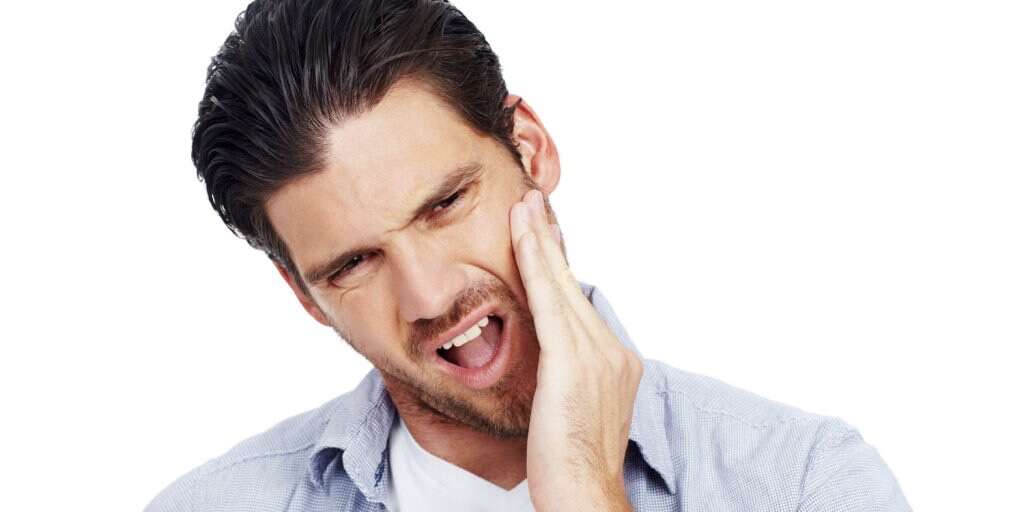
Symptom #7: Headache
A dislocated jaw may also lead to headaches that are associated with the temporomandibular joint. Because the TMJ connects the jaw to the skull, it does many hinge and sliding motions and can lead to serious headaches. This mostly happens when the jaw is dislocated.
These headaches usually occur because the muscles are tensed. Unlike ordinary headaches, a headache associated with a dislocated jaw has other symptoms that accompany it. These include tight jaw or facial muscles, pain in the jaw and face, and a clicking noise when the patient attempts to make jaw movements. There could also be changes in the way that teeth fit together on top of each other.
Symptom #8: Breathing Difficulties
A person with a dislocated jaw could experience breathing difficulties as a result of the other symptoms. Swelling and bleeding could reduce the air space, making it difficult for air to flow in and out. It is also possible to choke on saliva or blood as the swelling impacts the throat. An accompanying symptom could be having trouble swallowing.
The breathing problems will, fortunately, become less of an issue as soon as the dislocated jaw is treated as that will reduce inflammation and swelling. When experiencing trouble breathing, the key is to remain calm and seek medical help if you are not already at a hospital or clinic.

Symptom #9: Tinnitus
There is a connection between tinnitus and the temporomandibular joint of the jaw. People with TMJ injuries or problems are more likely to suffer from tinnitus. This is the term for the sensation of hearing a sound in the absence of any external sound. The affected person may hear different types of sound, like ringing, whooshing, humming, or buzzing in the ear.
Tinnitus is caused by a dislocated jaw because of the closeness of the jaw muscles to the muscles that go into the middle ear and the connection between the ligaments that attach to one of the hearing bones and the jaw. A person with a dislocated jaw can sometimes alter the intensity of the tinnitus by moving the jaw, neck, or mouth. Fortunately, once the dislocated jaw is treated, the tinnitus should also go away.
Symptom #10: Sleep Deprivation
It can be very difficult to just fall asleep with all these dislocated jaw symptoms. The discomfort from the resultant swelling, facial numbness, tinnitus, headaches, and painful jaw can make it almost impossible to sleep. If sleep comes, it is usually in short spans and is not restful.
This is the reason why you should seek medical care in the case of a dislocated jaw. If the patient is already on treatment, the doctor may prescribe a painkiller or even a sedative. This will help the patient to sleep better as the jaw continues to heal.



